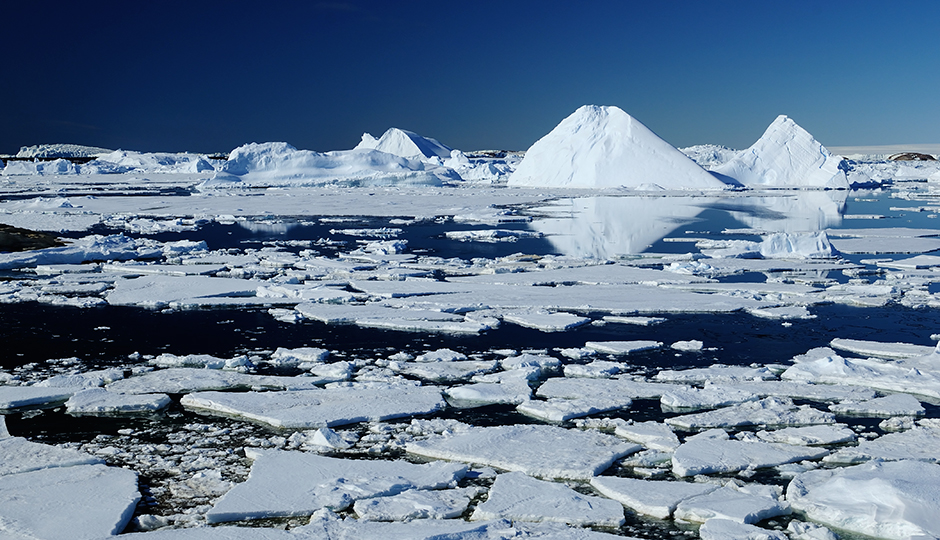Arctic governance, and in particular the protection of the maritime environment, has to contend with a large number of countries, organizations and businesses whose interests may not always coincide.
One major challenge is that of striking a legal balance between the interests of Arctic and non-Arctic States.
Kristin Bartenstein, a law researcher at Université Laval, conducted a study from 2011 to 2016 into organizational models for the protection of the marine environment and the regulation of shipping. How can we establish an approach that is both effective and respectful of the jurisdictions of the coastal countries—including Canada—and other States?
The researcher based her study on a literature search and a number of informal discussions with practitioners—from Global Affairs Canada, different industries (such as maritime transport) and pressure groups, among others—on topics such as the protection of the environment.
Her findings reflect the amplitude and complexity of the dynamics and issues surrounding Arctic governance. Bartenstein identified the scope for Canada to unilaterally regulate shipping in its Arctic waters, while putting Canada’s powers in perspective in the context of the new international Polar Code and emerging regional collaborations under the auspices of the Arctic Council.
One major challenge is that of striking a legal balance between the interests of Arctic and non-Arctic States. The latter frequently refer to equity and environmental protection, arguments that may be politically compelling, but which are legally dubious when used to back up their claims to the region.
This research will provide food for thought for policymakers, practitioners and researchers on a topic whose political, economic and environmental ramifications make it a key international issue. Kristin Bartenstein has published her findings in four scientific journal articles and in a chapter of a collective book. She has also presented them several times in French, English and German in Europe, the United States and China, to academics, practitioners and the general public.




